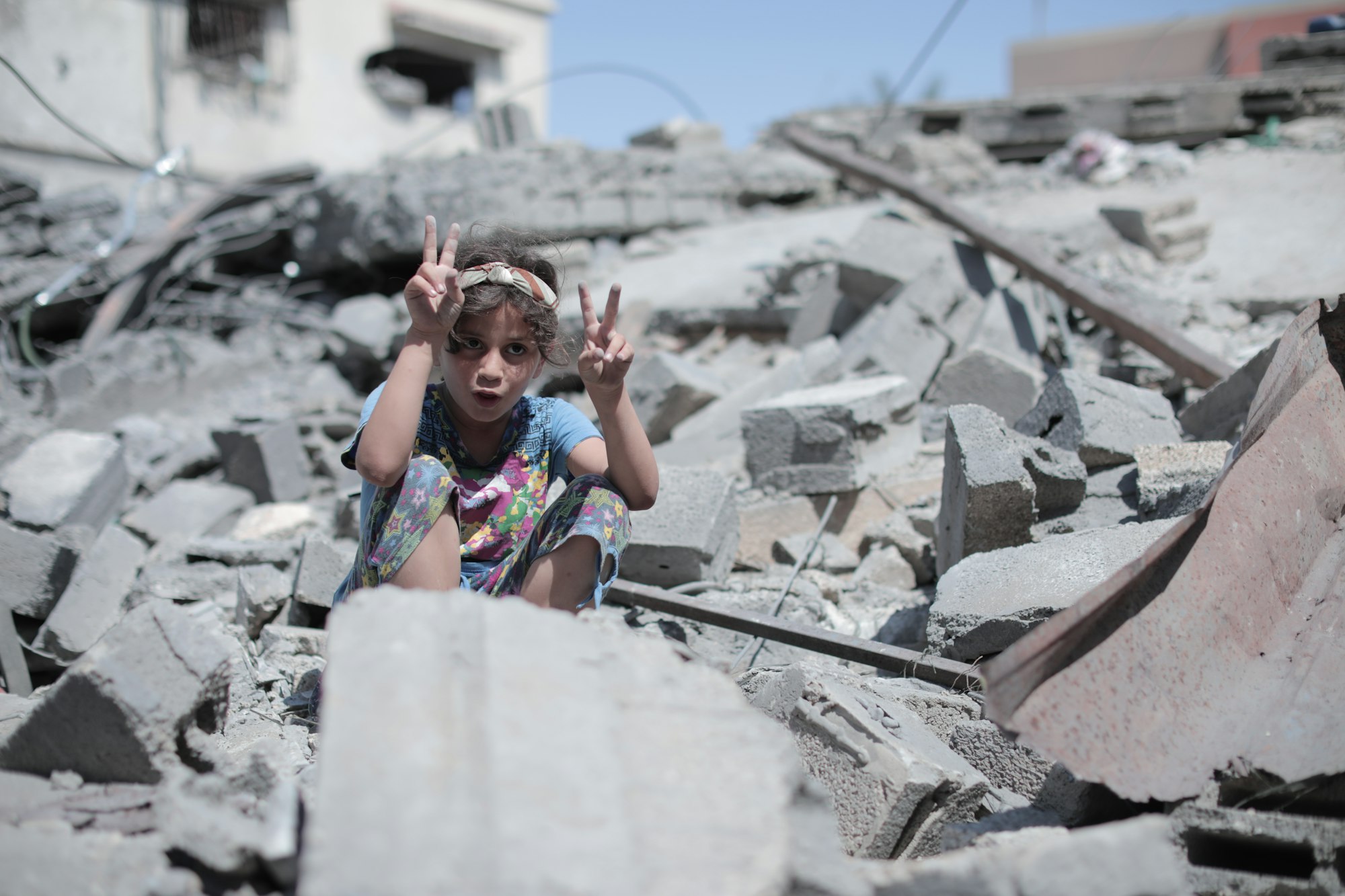Are New Israel-Hamas Truce Negotiations Possible?
Meanwhile, Israeli forces are "expanding" operations in Khan Younis, Gaza. Paratroopers target Hamas operative with grenades and tank shelling, using drones and jets in other incidents.

Israel's Prime Minister Benjamin Netanyahu has cancelled a war cabinet meeting where officials were set to discuss what happens to Gaza after the war. Meanwhile, Hamas has said a temporary ceasefire would not be enough for the remaining hostages to be freed.
The question is why would Israel, which is carrying a war against Hamas, want a truce? The only reason will be to free the hostages. Right.

The first truce negotiations between Israel and Hamas in November drew attention and speculation regarding the sincerity of Israel's intentions. The Israelis did not want a permanent truce, it seems. They continued the war after the final exchanges of prisoners according to the first truce.
Meanwhile, Israeli forces are "expanding" operations in Khan Younis, Gaza. Paratroopers target Hamas operative with grenades and tank shelling, using drones and jets in other incidents.
Nevertheless, we feel there might be another truce soon because it is in Israel's interest to see that all hostages are freed for it to continue its violations of human rights unabated.
Factors Driving the Interest in New Negotiations:
- Humanitarian concerns: The continuous conflict has resulted in a significant number of casualties and extensive destruction. The release of hostages and a truce would save lives and alleviate the suffering of innocent people caught in the crossfire.
- International pressure: The international community, including the United States, has been actively pushing for a resolution to the conflict. The intervention of U.S. President Joe Biden has played a significant role in improving the deal, making it more favorable for Israel.
- Desire for a lasting solution: Both Israelis and Palestinians have a vested interest in negotiating a long-term solution to the conflict. A truce could provide a temporary pause in hostilities, allowing for further discussions and negotiations to address the root causes of the conflict.
- Regional dynamics: The involvement of regional actors, such as Qatar, has been instrumental in facilitating the negotiations. Qatar, acting as a mediator, has played a crucial role in bridging gaps and finding common ground between the two sides.
- Domestic politics: Israeli Prime Minister Benjamin Netanyahu, facing political pressures at home, may be seeking a way to end the conflict and secure his political future. However, he has reiterated that Israel's broader mission remains unchanged, with the aim of destroying Hamas and ensuring Israel's security.


